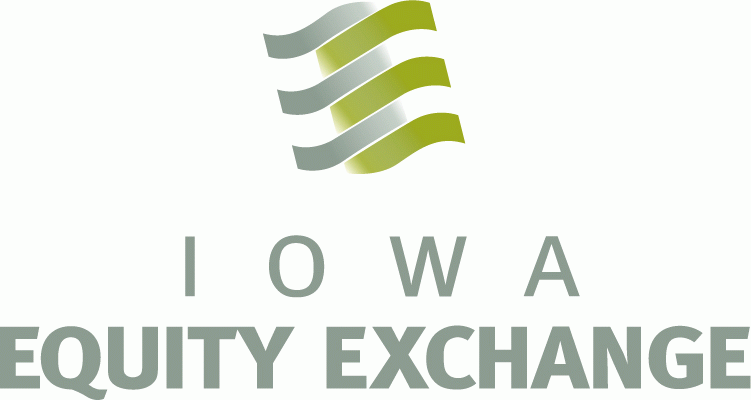"What could possibly go wrong"
"What could possibly go wrong" should not be the thinking of someone entering into a Section 1031 exchange! An individual who contemplates a Section 1031 exchange should question and understand what is going to happen to his or her money during the exchange.
In my opinion, the foremost obligation of the Qualified Intermediary during a Section 1031 exchange is to protect his clients' funds while the funds are in the care of the Qualified Intermediary. The client should fully understand exactly how his funds are to be held and what protections will be utilized for the protection of those funds. Liquidity of exchange funds is another extremely important consideration.
Strictly Segregated Accounts
“The foremost obligation of the Qualified Intermediary during a Section 1031 exchange is to protect his clients’ funds.”
The client in a Section 1031 exchange should confirm that the Qualified Intermediary will establish a separate, segregated account for his or her exchange. Funds should not be placed in an account that commingles funds with other exchange clients or the Qualified Intermediary's operating funds. It is also very important to verify language in the Exchange Agreement that establishes the separation of exchange funds from those of the Qualified Intermediary or the other clients of the Qualified Intermediary. A sample clause might read as follows:
"It is the intent of the parties that the money or other property held in the Exchange Account is to be used solely by the Qualified Intermediary for its obligations under this Agreement and shall not be deemed a part of Intermediary's general assets or subject to the claims of creditors of Intermediary."
Control of Funds
While the rules and regulations of Section 1031 require that the exchange client not "receive, pledge, borrow or otherwise obtain the benefits of the money or other property held in the Exchange Account" during the term of the exchange, there is a simple means by which the exchange client can avoid an unauthorized disbursement of funds by the Qualified Intermediary. Use of a Qualified Escrow Account requires that the taxpayer (exchanger) sign off and approve any transfer of funds before the QI can make a transfer of any kind. We are happy to provide this level of security to our clients at no additional cost.
Security of Funds
FDIC insurance is nearly universally provided up to the $250,000 limit, and exchange accounts are no different. If your account will exceed that limit, we will be happy to discuss options for protection of your funds beyond that amount.
In conclusion, the exchange client should discuss all of the issues above with his or her Qualified Intermediary and reach a full understanding of what will be done with the funds during the entire Section 1031 exchange process.
© IOWA EQUITY EXCHANGE

